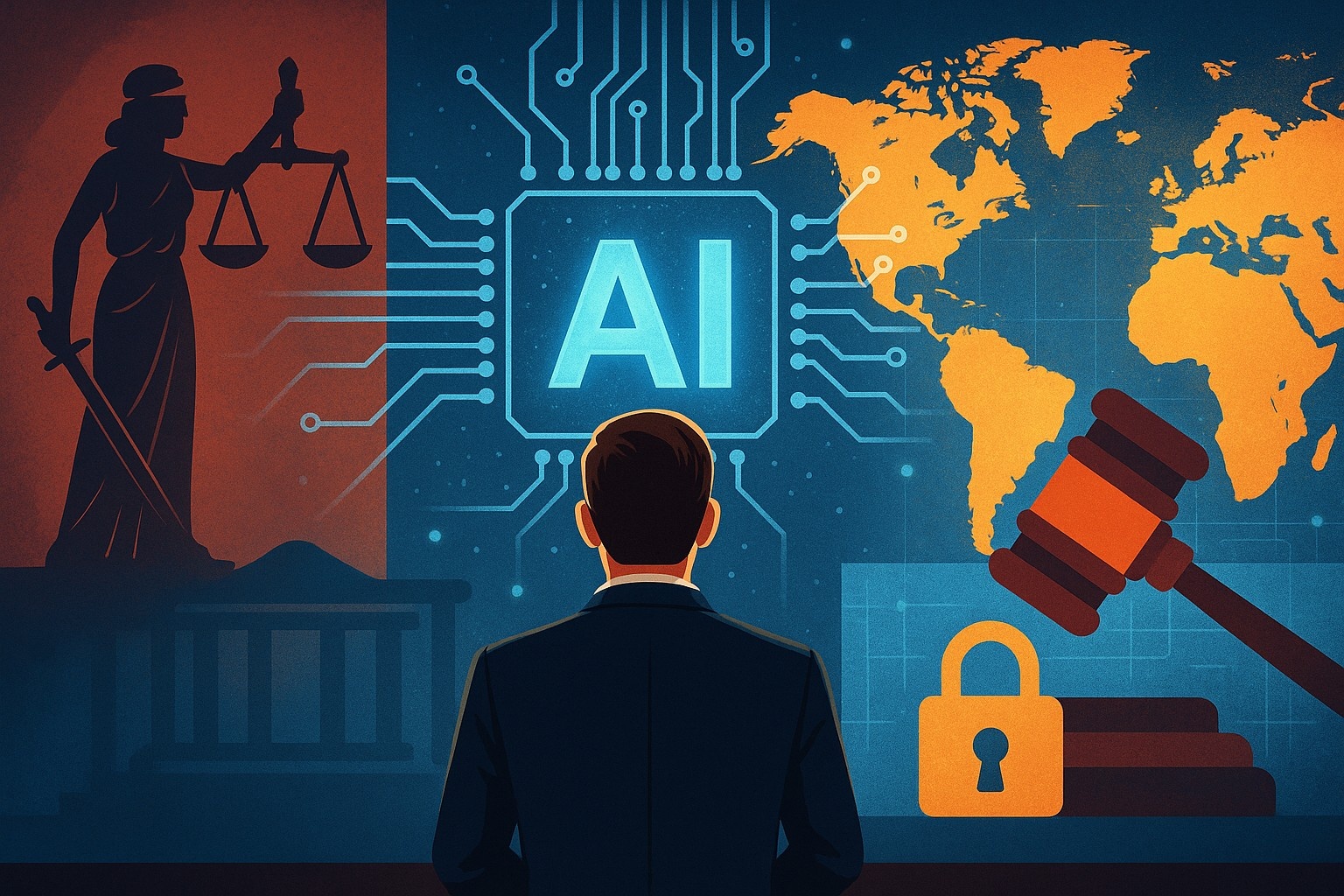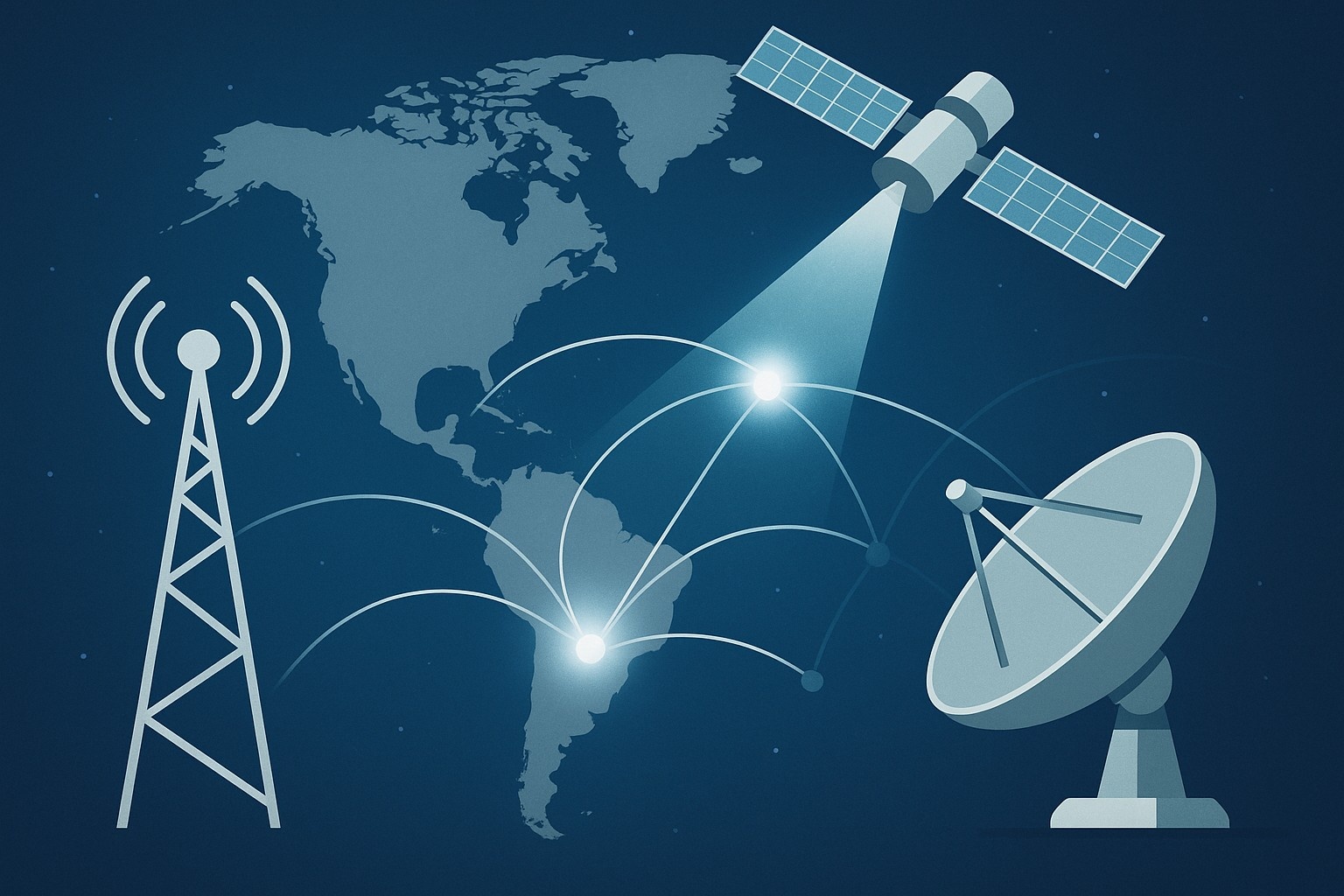
A surprising mathematical discovery hints at a third type of quantum particle—neither fermion nor boson—sparking global interest in the physics community.

A surprising mathematical discovery hints at a third type of quantum particle—neither fermion nor boson—sparking global interest in the physics community.

Experience 100+ FPS gaming, ray tracing, and real-time AI with NVIDIA’s next-gen mainstream GPU.

In a major shake-up, Google is merging its Gemini team into DeepMind and folding Google Assistant into the Android division to streamline AI development, reduce overlap, and push faster integration across products like Pixel, Search, and Workspace.

Elon Musk has unveiled Tesla’s fully autonomous Cybercab — a steering-wheel-free robotaxi designed to disrupt ride-hailing and redefine urban mobility. Here's what it means for the future of transportation.

Meta’s plan to use public posts from Facebook and Instagram to train AI is facing major EU backlash—here’s what it means for your privacy rights.

Coinbase faced its worst insider attack yet — a mix of bribed contractors and social engineering cost the firm millions and exposed a flaw no firewall could fix.

From Europe’s strict AI laws to the U.S.’s flexible stance and China’s state-driven control, explore how global powers are writing the rulebook for the AI revolution in 2025.

With the June 19 deadline looming, Trump signals a possible extension on TikTok’s U.S. ban, leaving ByteDance and users in ongoing uncertainty.

Ericsson’s new Athlone R&D hub aims to lead global 5G innovation, focusing on Open RAN, automation platforms, and AI-powered network orchestration.

Intelsat partners with AXESS to deliver high-speed satellite internet to remote regions across Latin America, the Caribbean, and North America, bridging the digital divide.

Apple accelerates its iPhone production shift to India amid rising U.S.–China trade tensions, signaling a long-term supply chain strategy beyond China.

The U.S. is considering a major policy shift by loosening AI chip export restrictions on the UAE, signaling a new era of tech diplomacy and Middle East strategy.

New legislation calls for built-in tracking and remote shutdown features in AI chips to prevent unauthorized use by foreign entities.